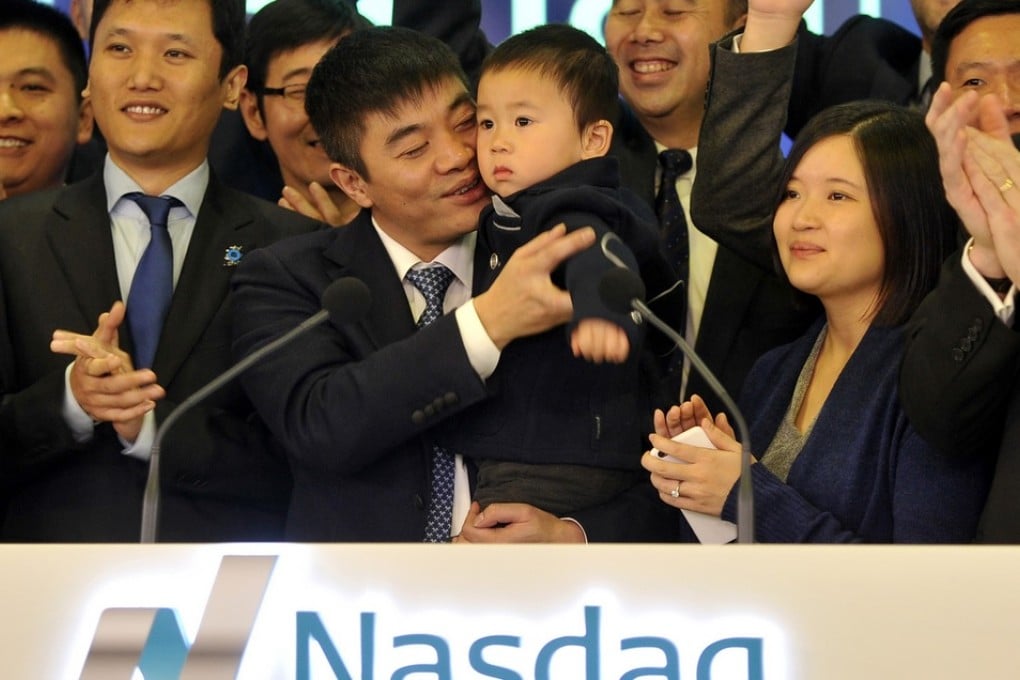Corporate China | Momo fingers NetEase, Xiaomi's copycat defense

Two scandals in China's tech world were hot topics in the microblogging realm this past week, drawing heated discussion on allegations of copycatting and other unethical business behavior at smartphone sensation Xiaomi and newly listed social networking app maker Momo (Nasdaq: MOMO). The debate reflected the wide range of views on the many dubious business practices like intellectual property theft and violation of business contracts that are a regular feature in China's corporate business landscape.
Let's start with Momo, which has been all over the tech headlines after a surprise attack on the company by online game giant NetEase (Nasdaq: NTES) on the eve of its New York IPO. NetEase accused its former employee Tang Yan of stealing company resources and violating a non-compete clause in his employment contract when he left in 2011 to set up his then-new firm, Momo.
No criminal charges were ever apparently filed in the case, though NetEase pointed out that Tang was briefly detained by police at the time. The revelations rippled throughout the Chinese media, and forced Momo to issue a clarifying statement just as it was getting ready to make its $200 million (HK$1.55 billion) IPO in New York.

